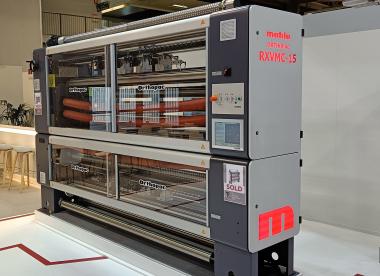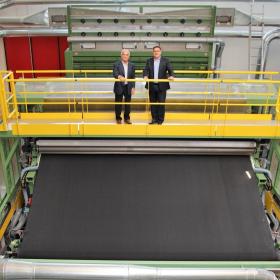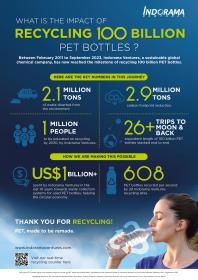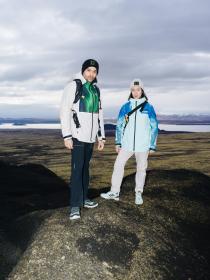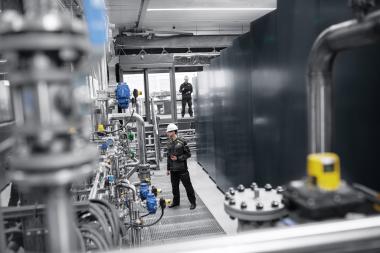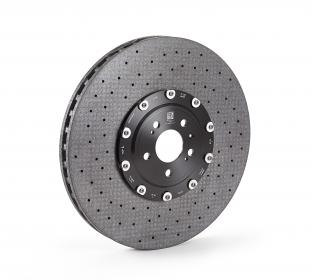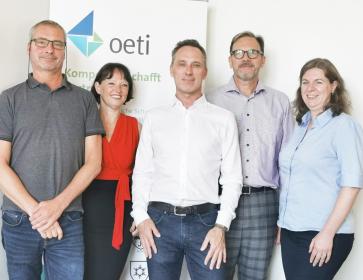Mahlo: New straightening concept
The new Orthopac RXVMC-20 automatic straightening system for forward control of knitwear with strong distortions can remove distortions in textile webs even faster and more precisely.
"With the new straightening concept, special attention was paid to the straightening mechanics and their interaction with the analysis electronics of the scanner system," explains Head of Sales Thomas Höpfl. Two individually controlled and driven straightening modules with a total of four bow and three skew rollers ensure that the correction of bow and skew distortions takes place in small steps. The control concept is also new. A scanner group at the infeed of the straightening machine detects distortions even before they reach the correction rollers. This way, the rollers are brought directly into position and the fabric is corrected from the very first centimetre. A scanner group at the outlet also detects possible residual distortion, which is corrected at the second straightening module. This enables an even more precise and faster response when it comes to reacting to rapidly changing distortions.
The Orthopac RXVMC therefore shows its full strength when straightening knitwear and distortion-sensitive fabrics. Knitted fabrics are special in terms of distortion dynamics. It is difficult for operators when changing the fabric rolls to join the relatively short fabric webs with weft and loop-straight seams. Before and after unavoidable insufficient seams, the distortion (e.g. right before to left before) changes abruptly. Conventionally, the distortion change is only detected by scanning at the output of the straightener.
The RXVMC concept enables a shortened reaction time to jumping distortion, (especially in the case of seams) due to the improved scanning concept with scanning at the outlet and inlet. This reduces knitted fabric outside the straightening tolerance up to 50 percent after each seam. Fewer fabric pieces have to be reprocessed. It guarantees higher quality goods and thus less waste.
Mahlo GmbH + Co. KG


